A new EU-funded project co-led by the Agri-Food and Biosciences Institute (AFBI) and University College Dublin (UCD) has been launched and will develop new innovations in plant variety testing.
The InnoVar project aims to identify new crop varieties that can maintain performance with lower agro-chemical inputs and under more extreme climatic conditions.
It will do this by developing new methods and tools to achieve greater efficiency in variety testing processes and in the use of resources on-farm. The project will draw expertise and knowledge from across crop science, bioinformatics, soil science, meteorology, and computer science.
The four-and-a-half-year project has received almost €8m of funding and will help farmers across the island of Ireland, the UK and the EU to improve yields and environmental sustainability.
InnoVar will initially focus on wheat varieties and will then apply the same approach to provide road maps for other crop groups, with more detailed work on grass, maize and legumes planned.
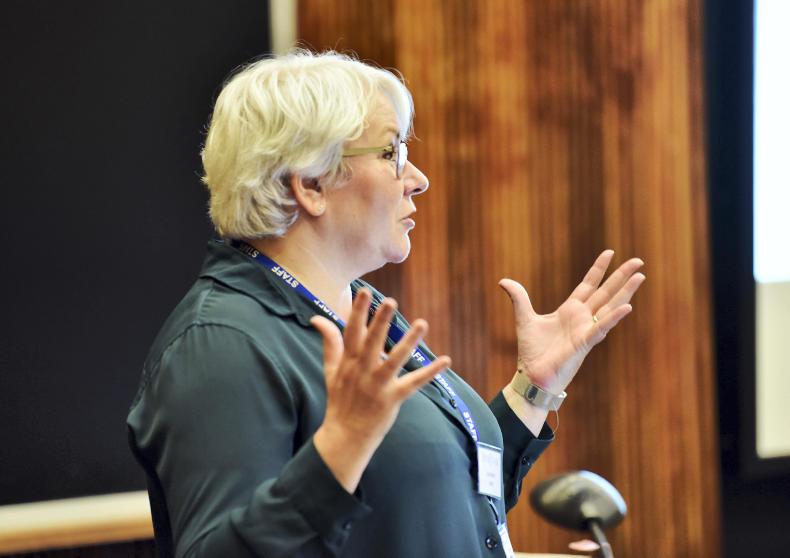
Project co-ordinator Dr Lisa Black of AFBI Crossnacreevy giving an overview of the project to attendees during the launch meeting.
This is the first time the team at AFBI Crossnacreevy plant testing station has led such a major European project.
Tools
InnoVar will use cutting-edge technologies to develop next-generation variety testing, including phenotyping, phenomics, genomics and machine learning.
InnoVar will develop a database of historic phenotyping data as the foundation which will be expanded and updated to include the capture of phenotyping data from standardised variety trials ongoing across the EU.
The database will also include phenomic data collected from selected trials using drone-based technologies to systemically assess the development and resilience of varieties.
Environmental data will also be collected for field sites including soil and weather information.

The InnoVar project aims to identify new crop varieties that can maintain performance with lower agro-chemical inputs and under more extreme climatic conditions.
Machine learning and deep learning will be applied to the created standardised environmental, phenotypic, phenomic and genomic data sets to determine the potential of more refined models and algorithms to contribute to variety testing.
One of InnoVar’s key outputs will be an app to provide a decision support system for growers to help select crops that are best suited for their agro-climatic region, end-use and growing scenarios. The app will develop the concept of high performance low risk (HPLR) variety selection.
Partners
The project will be completed over the coming four and a half years and represents a large EU consortium of 21 partners from 10 countries. The project is co-led by AFBI and other UK partners include the Department of Agriculture, Environment and Rural Affairs, the Animal and Plant Health Agency and ADAS.
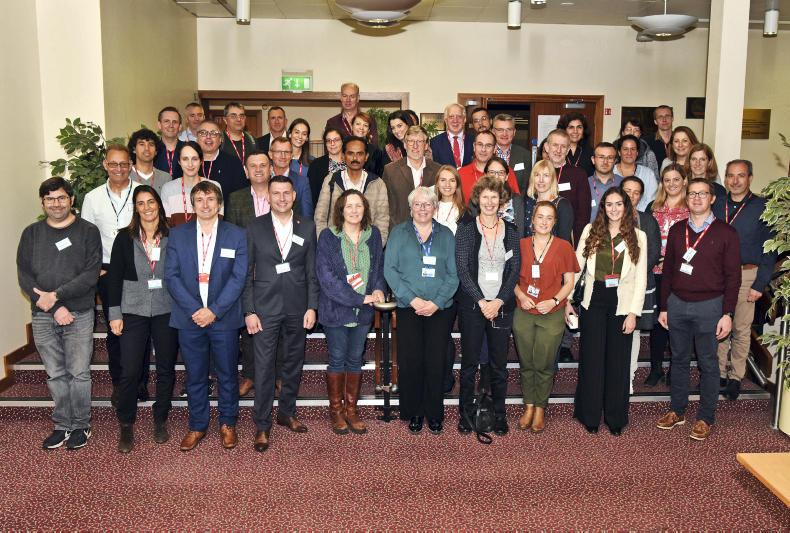
Participants from InnoVar at the launch.
The consortium has a strong partnership across Ireland, with University College Dublin being a co-lead on the project and the Department of Agriculture, Food and the Marine and Origin as partners.
Read more
Grain trends: little movement in markets this week
IFA potato report: strong demand for crop over Christmas period
A new EU-funded project co-led by the Agri-Food and Biosciences Institute (AFBI) and University College Dublin (UCD) has been launched and will develop new innovations in plant variety testing.
The InnoVar project aims to identify new crop varieties that can maintain performance with lower agro-chemical inputs and under more extreme climatic conditions.
It will do this by developing new methods and tools to achieve greater efficiency in variety testing processes and in the use of resources on-farm. The project will draw expertise and knowledge from across crop science, bioinformatics, soil science, meteorology, and computer science.
The four-and-a-half-year project has received almost €8m of funding and will help farmers across the island of Ireland, the UK and the EU to improve yields and environmental sustainability.
InnoVar will initially focus on wheat varieties and will then apply the same approach to provide road maps for other crop groups, with more detailed work on grass, maize and legumes planned.

Project co-ordinator Dr Lisa Black of AFBI Crossnacreevy giving an overview of the project to attendees during the launch meeting.
This is the first time the team at AFBI Crossnacreevy plant testing station has led such a major European project.
Tools
InnoVar will use cutting-edge technologies to develop next-generation variety testing, including phenotyping, phenomics, genomics and machine learning.
InnoVar will develop a database of historic phenotyping data as the foundation which will be expanded and updated to include the capture of phenotyping data from standardised variety trials ongoing across the EU.
The database will also include phenomic data collected from selected trials using drone-based technologies to systemically assess the development and resilience of varieties.
Environmental data will also be collected for field sites including soil and weather information.

The InnoVar project aims to identify new crop varieties that can maintain performance with lower agro-chemical inputs and under more extreme climatic conditions.
Machine learning and deep learning will be applied to the created standardised environmental, phenotypic, phenomic and genomic data sets to determine the potential of more refined models and algorithms to contribute to variety testing.
One of InnoVar’s key outputs will be an app to provide a decision support system for growers to help select crops that are best suited for their agro-climatic region, end-use and growing scenarios. The app will develop the concept of high performance low risk (HPLR) variety selection.
Partners
The project will be completed over the coming four and a half years and represents a large EU consortium of 21 partners from 10 countries. The project is co-led by AFBI and other UK partners include the Department of Agriculture, Environment and Rural Affairs, the Animal and Plant Health Agency and ADAS.

Participants from InnoVar at the launch.
The consortium has a strong partnership across Ireland, with University College Dublin being a co-lead on the project and the Department of Agriculture, Food and the Marine and Origin as partners.
Read more
Grain trends: little movement in markets this week
IFA potato report: strong demand for crop over Christmas period







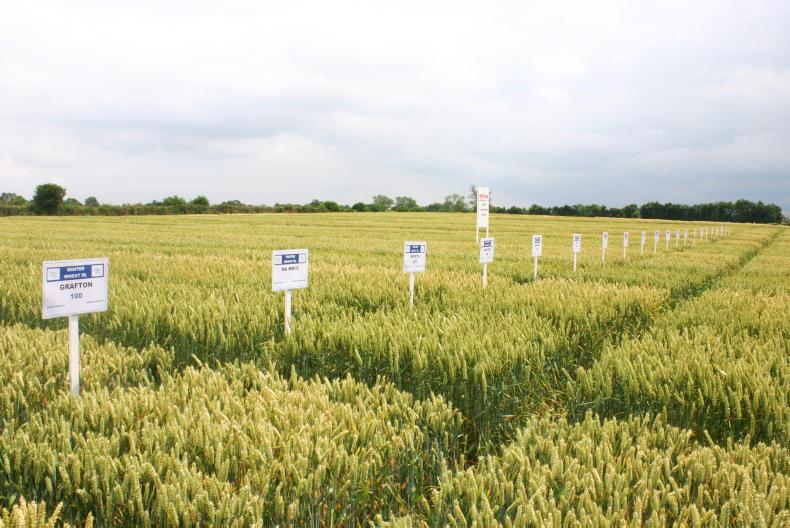
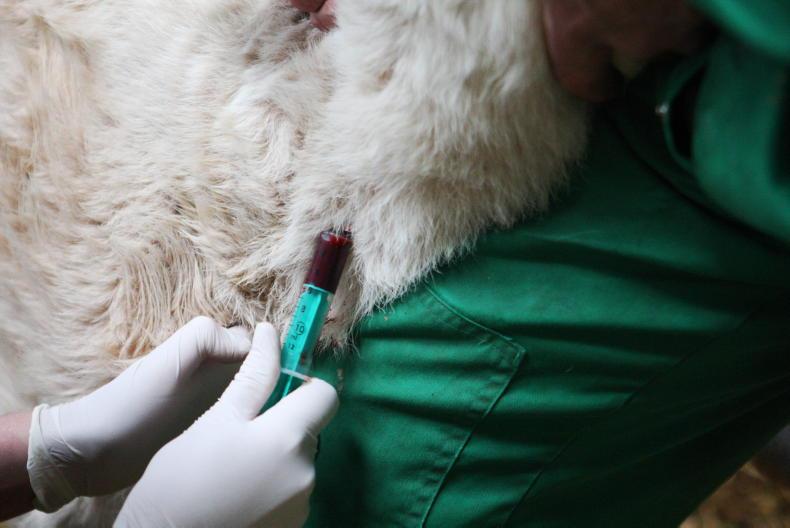
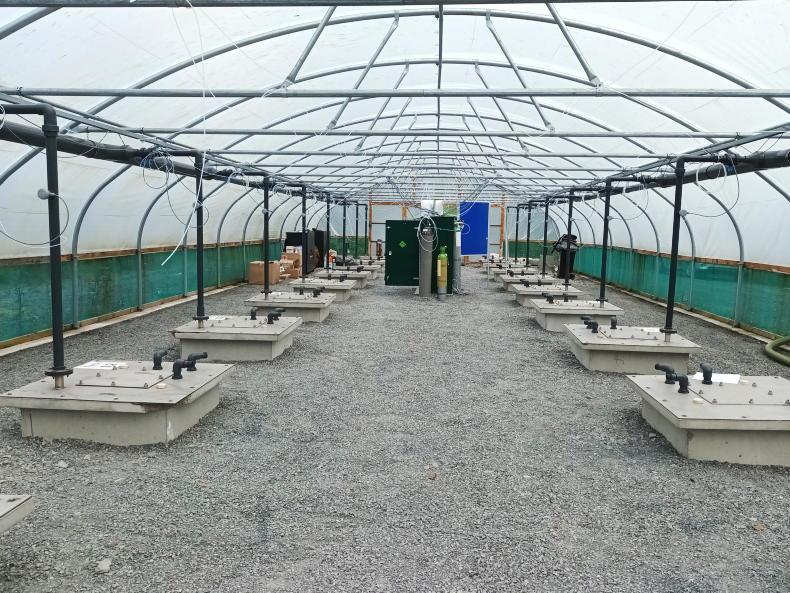
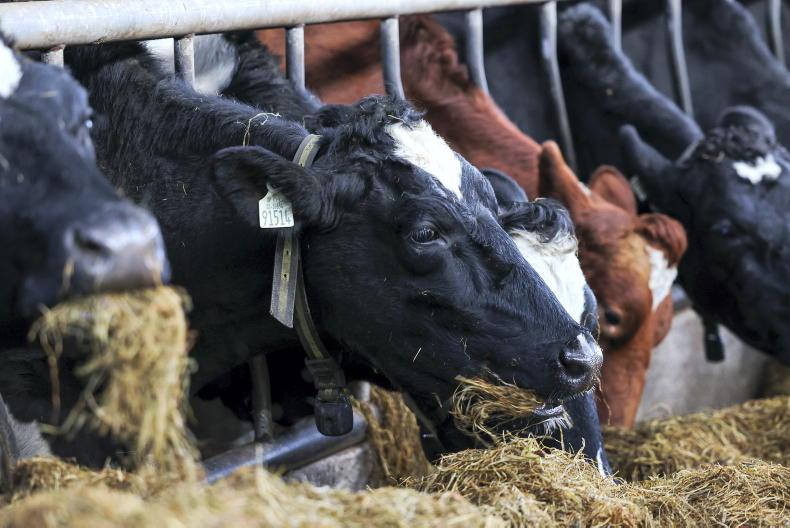
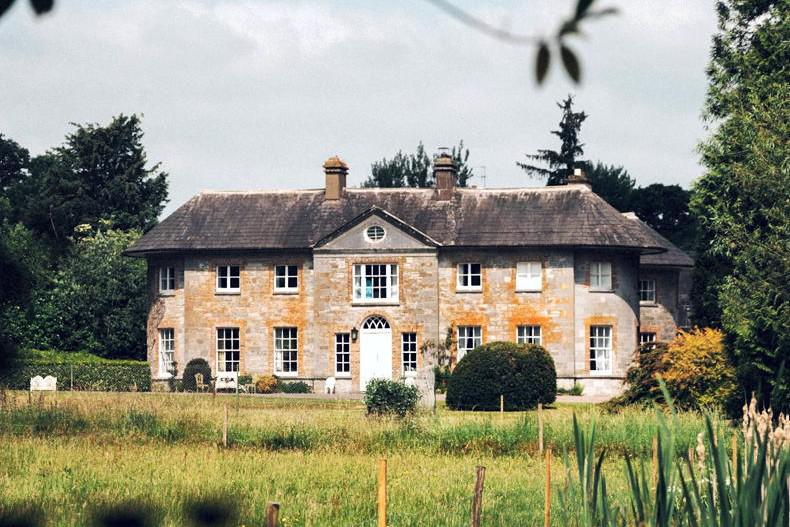
SHARING OPTIONS